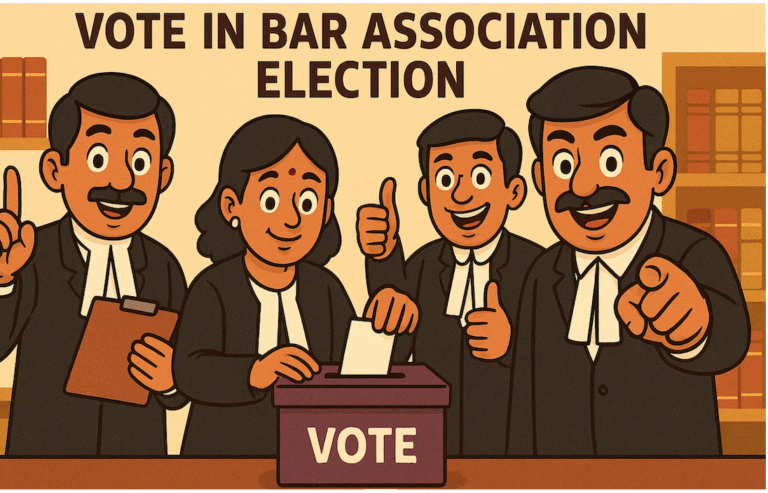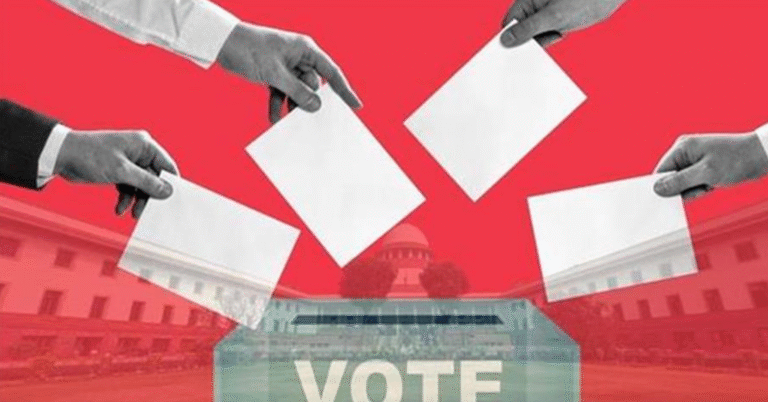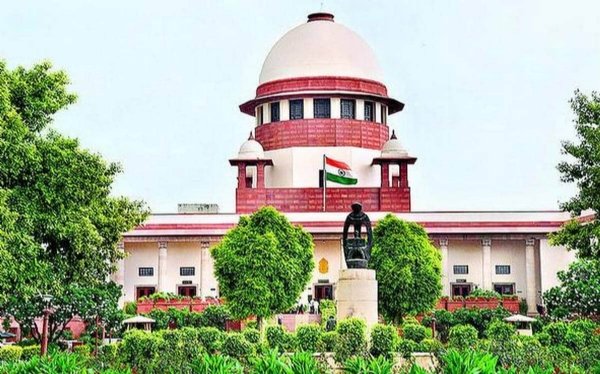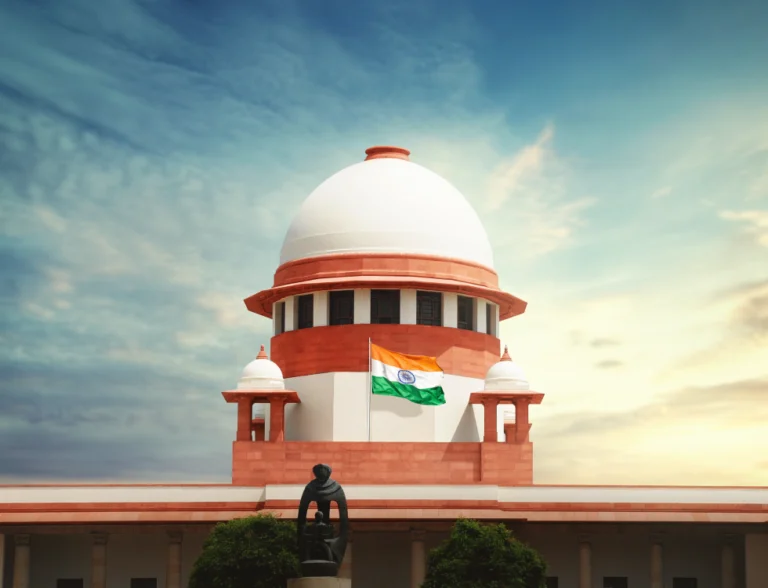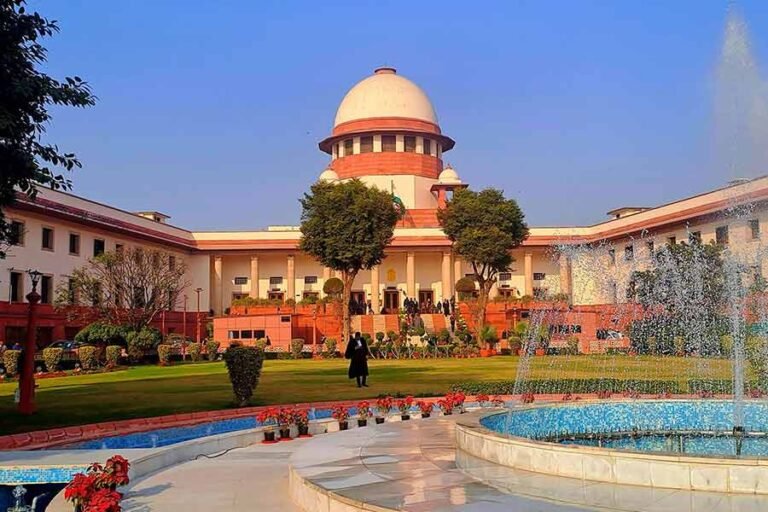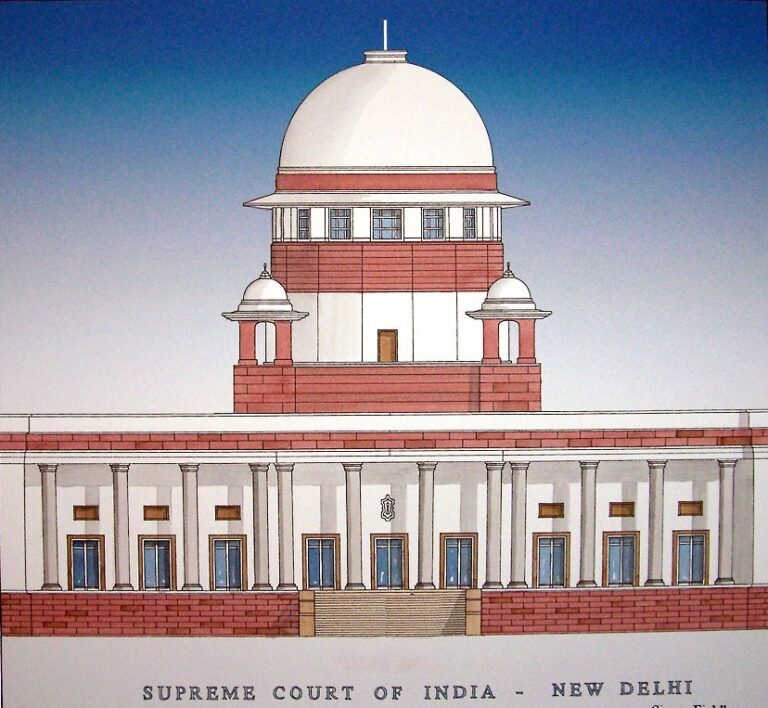Big trouble to Justice Revathi Mohite Dere – HC Five-Judge Bench Calls for Advocate’s Reply on Corruption Charges
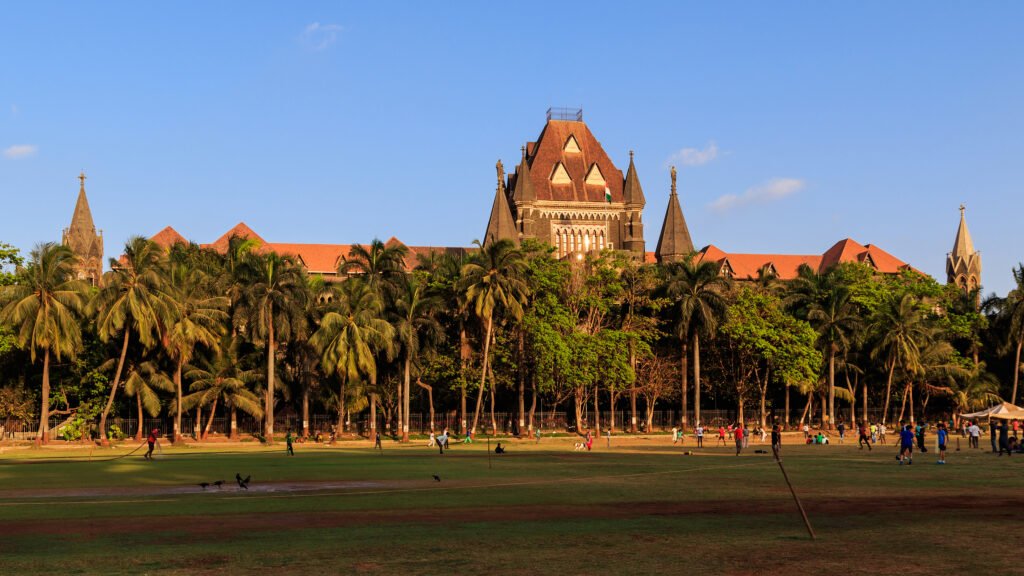
Mumbai, September 17, 2025: In a significant development, a Five-Judge Bench of the Bombay High Court has issued notice to Advocate Nilesh Ojha in connection with his allegations of corruption, perjury, forgery, and bias against Justice Revathi Mohite Dere.
While the order dated 17.09.2025 contains what experts have described as some serious legal blunders, its overall effect has been described as “putting Justice Dere in real trouble.” The order officially allows Adv. Ojha to submit his documentary evidence and other proofs in support of his allegations, thereby opening the path for judicial scrutiny of charges that have stirred intense debate within the legal community.
Positive Aspects of the Order:-
Legal observers note that the most important aspect of the order is that it grants an opportunity to Adv. Ojha to present his case and evidence against Justice Dere. The Bench also recorded that the charges can be adjudicated even without making Justice Dere a party-respondent or calling her into the witness box. According to the Association of Lawyers and Human Rights Activists, this recognition is crucial, because much of the alleged perjury and forgery by Justice Dere is already evident from existing orders and reports of the CBI and police.
Errors and Controversies:-
At the same time, the order has raised serious concerns regarding its legality. The Bombay High Court, while passing this order, effectively overruled the binding precedent of the Supreme Court’s Full Bench in Bal Thackrey v. Harish Pimpalkhute, (2005) 1 SCC 254, by refusing to follow binding directions and guidelines. Critics argue that this is a direct violation of judicial propriety and of Article 141 of the Constitution, which mandates that the law declared by the Supreme Court is binding on all courts.
Another controversial finding in the order is that the contemnor (in this case, Adv. Ojha) cannot cross-examine witnesses. Experts point out that this conclusion runs contrary to the Supreme Court’s Full Bench judgment in P. Mohanraj v. Shah Brothers Ispat Pvt. Ltd., (2021) 6 SCC 258, where the Apex Court emphasized that the right to cross-examine is an essential component of the principles of natural justice.
The Road Ahead:-
The case is being closely watched across the country, as it raises profound questions about judicial accountability and the handling of allegations of misconduct against sitting judges. While the order has undoubtedly given an opportunity for the truth to be placed on record, the legal controversies it has sparked may well set the stage for further appeals before the Supreme Court.
As one legal activist remarked: “The order may be flawed in parts, but in totality, it marks the beginning of a serious judicial test for Justice Revathi Mohite Dere.”
